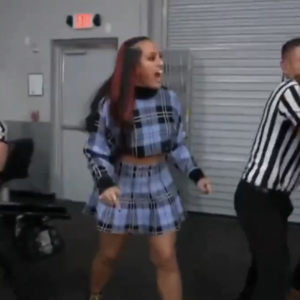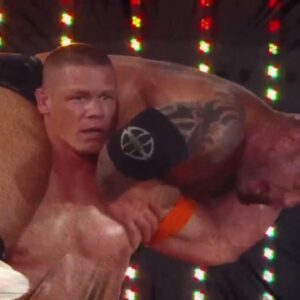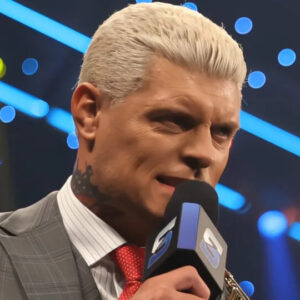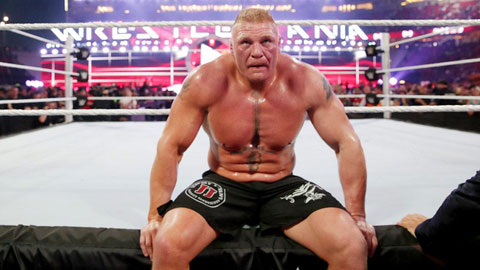
Blading used to be a popular pastime in WWE matches. But after WWE matches were restricted for being too bloody, Vince McMahon, the founder and CEO of WWE, decided to ban the practice. Batista was the first wrestler to pay the price for breaking the rules. And it was a hefty fine: $100,000! “When I heard the fine, my heart broke,” Batista said.
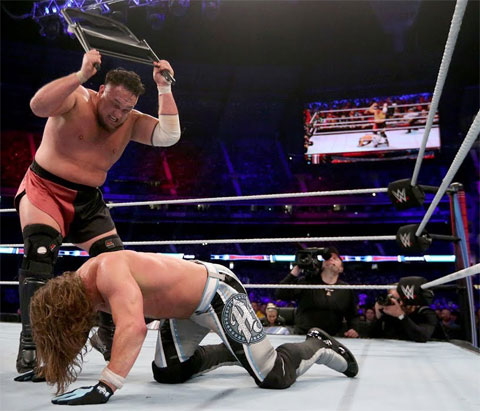
Like blading, chair slams were once a favorite move of wrestlers. The image of a wrestler slamming a chair into the head of a staggering opponent on the floor is an iconic WWE image. However, the move was eventually banned. Not for visual reasons, but because WWE had to meet concussion requirements. Triple H and The Undertaker were the first, and most famous, to be fined for violating this rule.
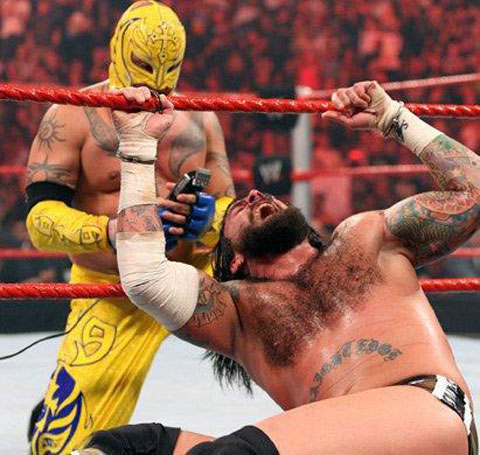
In addition to chair strikes, concussion protection requirements require WWE to ban strikes to the head in general. However, “natural” actions—like punching and kicking at close range—are still allowed. Only strikes to the head with hard objects—like the wrestlers’ favorite weapon, the Japanese (bamboo) sword—are strictly prohibited. These are called “intentional” actions.
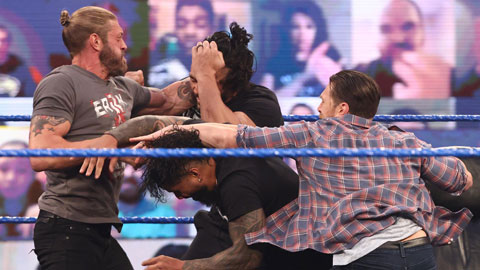
A WWE match without an audience is never a real WWE match. However, wrestlers are required to “stay away” from the audience. Anyone who dares to touch the crowd will be fined heavily, up to $100,000. This is a difficult rule for wrestlers. The reason is that while emotions are running high, they often can’t help but “interact” with the crowd (in both the sense of sharing joy and “dealing with” those who insult them).
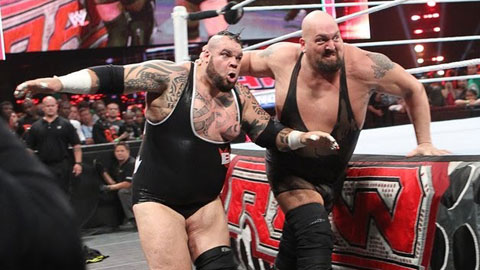
Intentionally creating blood by cutting the face, such as blading, is illegal. But if a wrestler accidentally bleeds, he is also penalized. This is a rule that makes wrestlers miserable, and has led to many funny stories. For example, when Tyrus, aka Brodus Clay, took a hard blow to the face during a match in 2011, he immediately ran out of the ring, knowing he would bleed. “It costs $3,000 to drop a drop of blood on the mat, so I jumped out,” he recalled.
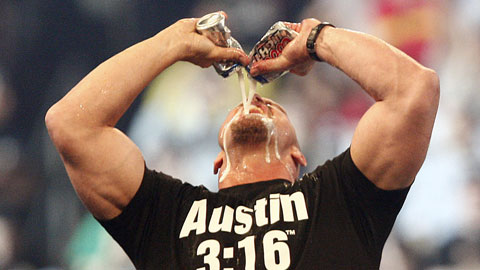
In the past, and particularly during the Attitude Era, it was quite common for wrestlers to guzzle beer or wine before a match. But under WWE’s new Wellness Policy, any wrestler who dares to do so will be immediately fined at least $2,700. WWE requires wrestlers to remain “free from the influence of alcoholic beverages during a WWE match,” and also prohibits them from “consuming alcoholic beverages within 12 hours prior to a scheduled WWE match or event.”
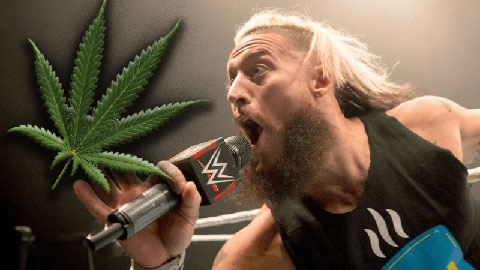
In some states in the US, marijuana use is not illegal. However, WWE has decided to ban wrestlers from using marijuana before matches. Any wrestler who tests positive will be immediately fined from $2,700. This is actually a new fine, adjusted from the previous fine (more than $1,000). WWE decided to take drastic measures after wrestler Brian Kendrick tested positive for marijuana 12 times in pre-match tests.
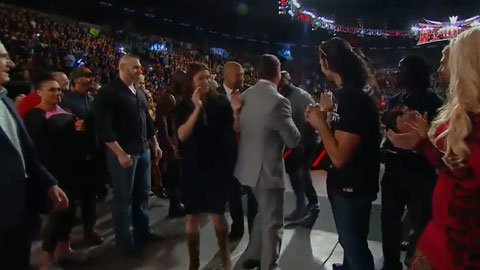
If any wrestler is planning to surprise Vince McMahon, CEO of WWE, he should think again, or he will be severely punished. The 75-year-old billionaire hates wrestlers touching him without warning. After an incident in 2016, McMahon banned Titus O’Neil from competing for 90 days (later reduced to 60) and asked him to pay a fine of nearly $5,500 for daring to hug him. But Titus had no bad intentions, he just wanted to be gallant, holding Vince so his daughter Stephanie could go first.
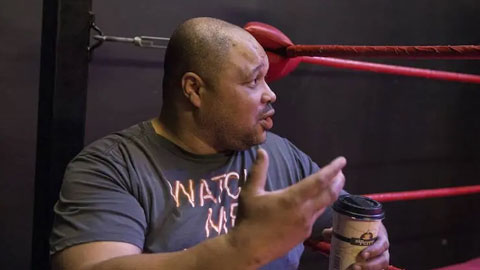
In any profession, being late is considered a bad habit to be eliminated. Anyone who violates it deserves a heavy fine. In WWE, being late is even more unforgivable when you can inconvenience thousands of people. D’Lo Brown said he was once fined 10,000 for being 15 minutes late on a bus tour in South Africa. The funny thing is, 10,000 is 10,000 rand, South African currency, which was only about $10 in 1990.
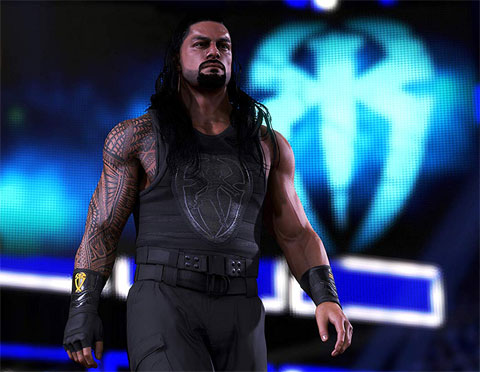
When they enter the ring, WWE wrestlers usually wear nothing but underwear. So the image of these muscular men wearing suits can make many people find it… strange. But that is WWE’s rule. When participating in WWE events outside the ring, if wrestlers do not wear suits, they will be fined $500 for the first violation, the second time the fine is doubled, and the third time they can be banned from competing.
